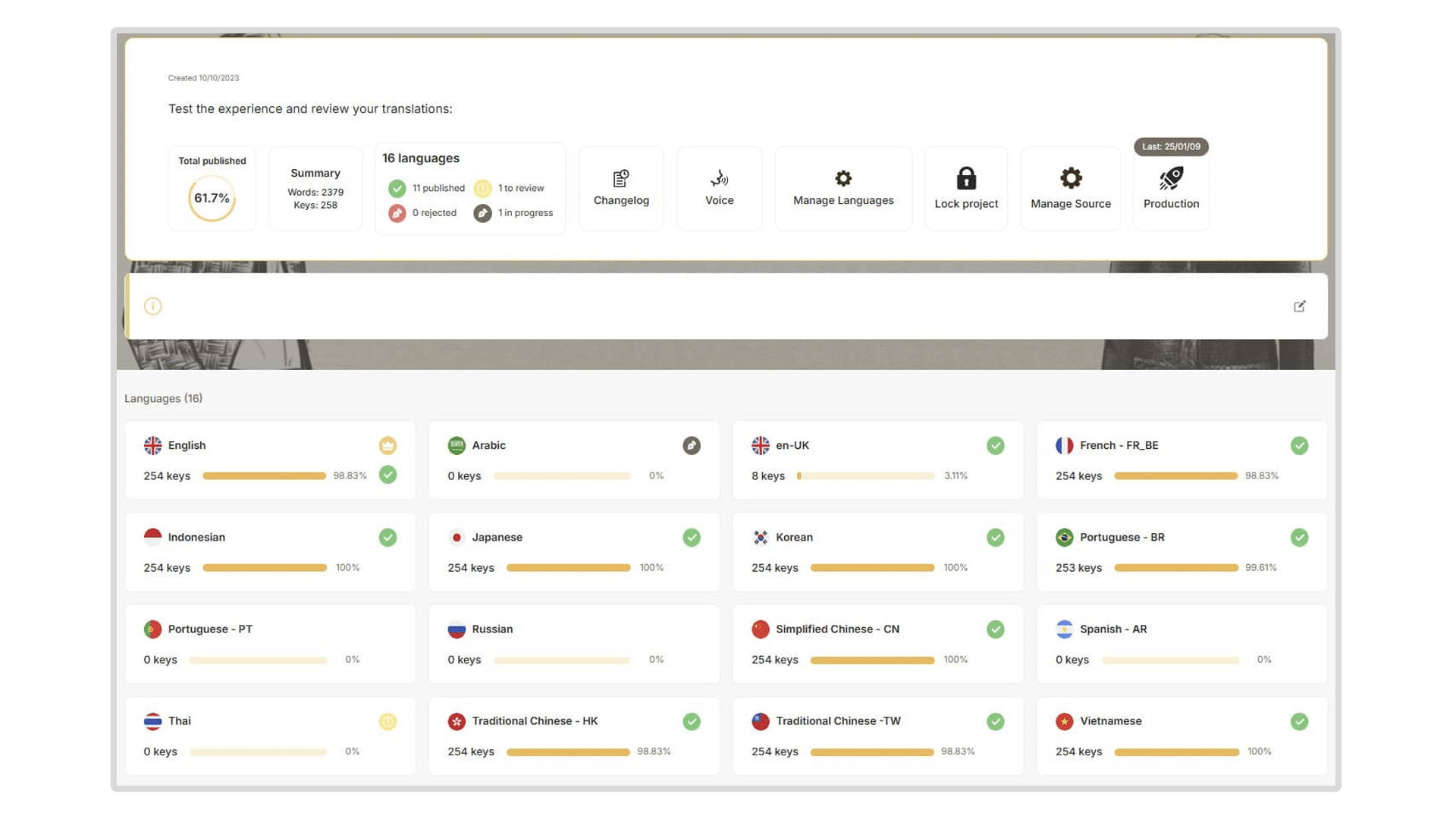
What 4 behavioral scientists have to say about virtual team building

It’s nearly impossible to replace face-to-face contact. It’s a part of human nature that can’t be replicated in today’s virtual workplace.
In-person interactions are a critical aspect of team-building and social hierarchy, and the lack of these interactions has a direct impact on team-building both company-wide and team-level. Organizational structures and changing from hierarchical models toward loser and more flexible ones, according to Snellman Carita Lilian of the Metropolia University of Applied Sciences in Finland.
At Emeraude Escape, our goal is to provide venues and platforms for virtual team building to take place via gamified experiences. Companies come to us with wants, and it’s up to us to create experiences for their employees that directly or indirectly impact the team building experience virtually.
The body of social science has been growing significantly in this area, especially since the start of the pandemic. It’s important to look to the science when attempting to craft these experiences to enhance virtual team-building.
We are experts in multiplayer real-time gamified solutions such as virtual escape rooms and have been at the forefront of the solutions offered on the market since the pandemic started. Our team includes more than 20 developers and game designers who focus on interactive psychological mechanisms while crafting custom games to promote team building virtually.
Here are some of the studies for 4 leading behavioral scientists on the future of virtual team-building. With these insights, you can be sure to develop stronger teams in the hybrid workplace, which will lead to greater employee engagement — and stronger retention. Two important metrics in a tight labor market!
“The IKEA effect” and psychological safety in virtual team building: Jon Levy
“People care about their IKEA furniture because they have to assemble it themselves,” argues behavioral scientist Jon Levy. “If we want greater trust among teams, we have to find ways to have team members invest effort in one another. This will cause them to care more about one another.”
The key is setting up employees and teams for success. These opportunities or moments to invest in one another don’t just pop up during the course of regular virtual business. They must be created by savvy virtual leaders.
Multiplayer virtual games are a great way to provide the right setting for team members to be vulnerable and also to invest effort in one another. This is one of the guiding principles behind our company’s mission to help companies foster collaborative workplaces via gamification.
“When we participate in a game, activity, or project, it allows for people to open and close vulnerability loops quickly, and as a byproduct, trust will be increased,” argued Levy.
DO THIS: Incorporate multiplayer games for employees to socialize naturally and learn to care more about each other.
Friendships and acquaintances go a long way virtually: Teresa Almeida and Grace Lordan
The London School of Economics Encourage kindness. This may sound incredibly obvious, but the effects it may have on team building will go a long way, according to researchers Teresa Almeida and Grace Lordan from the London School of Economics.
“Research has shown that weak ties (or acquaintances) have a (surprising) positive impact on subjective wellbeing and feelings of belonging,” the researchers found. “At a time when working at home has been thrust upon us, there is an opportunity for managers to encourage the formation of weak ties within their organization, bringing together people from geographically distant sites.”
Incorporating kindness initiatives in the virtual workplace can do wonders for inclusion and making sure distant team members are brought into the fold and feel like part of the team.
“Small acts like emailing a thank you note to a colleague or offering to tick something off their to-do list can brighten someone’s day.”
DO THIS: Create a kindness initiative that encourages employees to give random acts of kindness to their co-workers and reward them for doing so.
Get clearer with your communication
Others don’t know what you know, especially in the virtual workplace according to behavior change consultant Natasha Ouslis.
“We assume that others know what we know. We think they’re aware of how hard we’re working, what roadblocks we’re facing, and what we need from them,” argued Ouslis. “The distance between us forces us to get better at explaining our situation; we can’t hope that people will “see” what’s going on without an explanation. Fortunately, this can force us to communicate more clearly.”
Open and clear communication between members of the team at all levels is imperative. A good strategy to work toward this is to share how your daily and weekly tasks relate to the team’s end goal, according to Ouslis.
“Team members will see what you’re doing and why it’s important. This keeps the team focused on its objectives,” she argues.
DO THIS: Set aside time each week or month for employees to explain their scope of work in detail to their team members. It may seem redundant, but you will be surprised by the walls this will break down.
The role of leadership in building trust virtually
Trust is one of the most important factors of team building when the team is virtual, according to research by Carita Lilian Snellman. Snellman’s research on building virtual teams examines the difficulties in constructing traditional leadership and teams in the virtual workplace and concluded that trust is the lynchpin for success.
“Empirical analyses show that teams with highest levels of trust began their interactions with social messages, set clear roles for each team member, and showed positive attitudes and eagerness, enthusiasm, and an intense action orientation in all of their messages,” she wrote.
The research found that teams need to go through stages to develop high levels of cohesion and trust virtually, and the best leaders can promote trust in a number of ways: by setting mutual expectations, by enhancing coherence, and by inspiring and motivating team members.
“Trust is seen more critical in virtual environments than in traditional team setting being the necessary condition for successful work in virtual teams,” her research found.
DO THIS: Set clear goals for the team and team members before each new project or task and keep a positive tone while setting mutual expectations.
Virgile Loisance is the CEO of Emeraude Escape, where he leads a team of game designers as they build tailor-made corporate gamification solutions for global corporations.
Discover


Book A Demo
Get a personalized demonstration by one of our game design experts.


